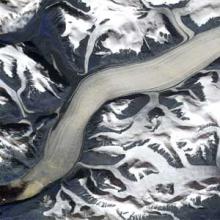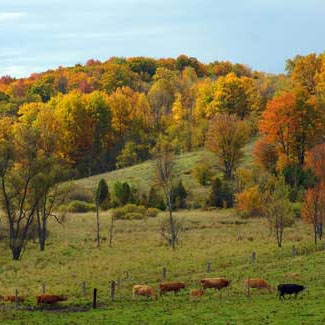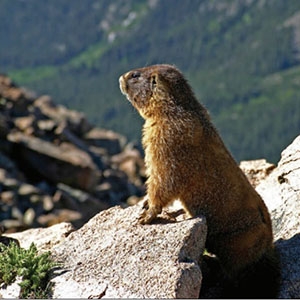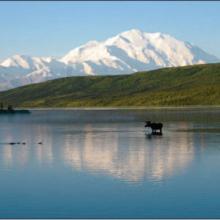Global change is defined as changes in the global environment that may alter the capacity of the Earth to sustain life. Global change encompasses climate change, but it also includes other critical drivers of environmental change that may or may not interact with climate change, such as land use change, the alteration of the water cycle, changes in biogeochemical cycles, and biodiversity loss. Responses to global change may include actions such as adaptation, mitigation, and various forms of scenario and contingency planning to reduce risk.
Definition source: University of California Berkeley







